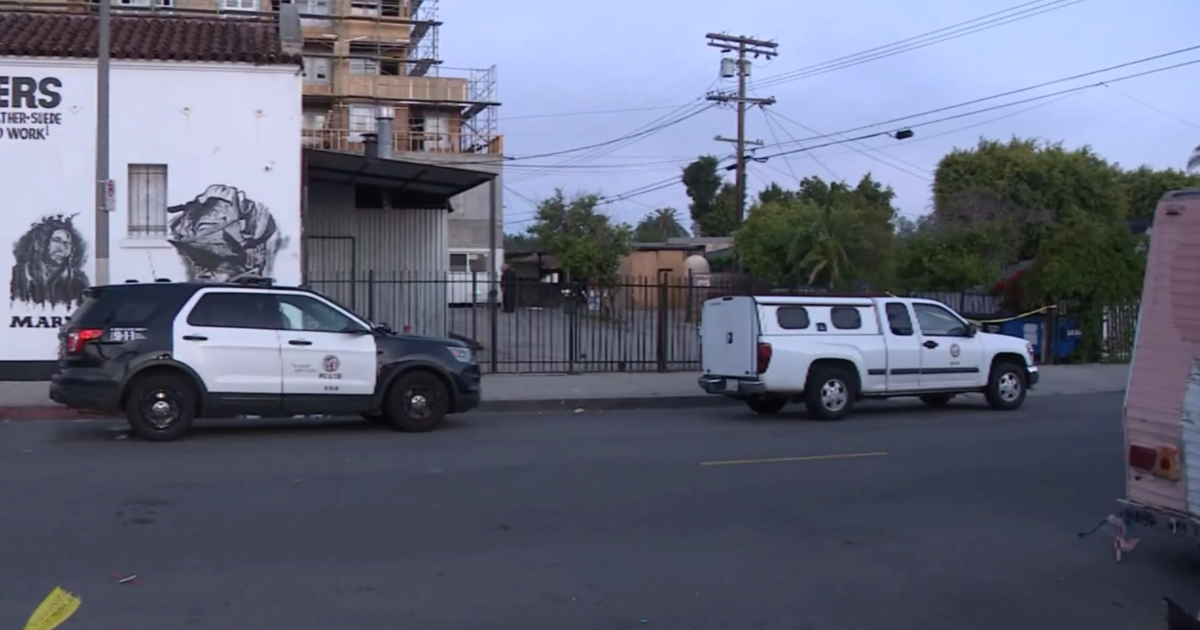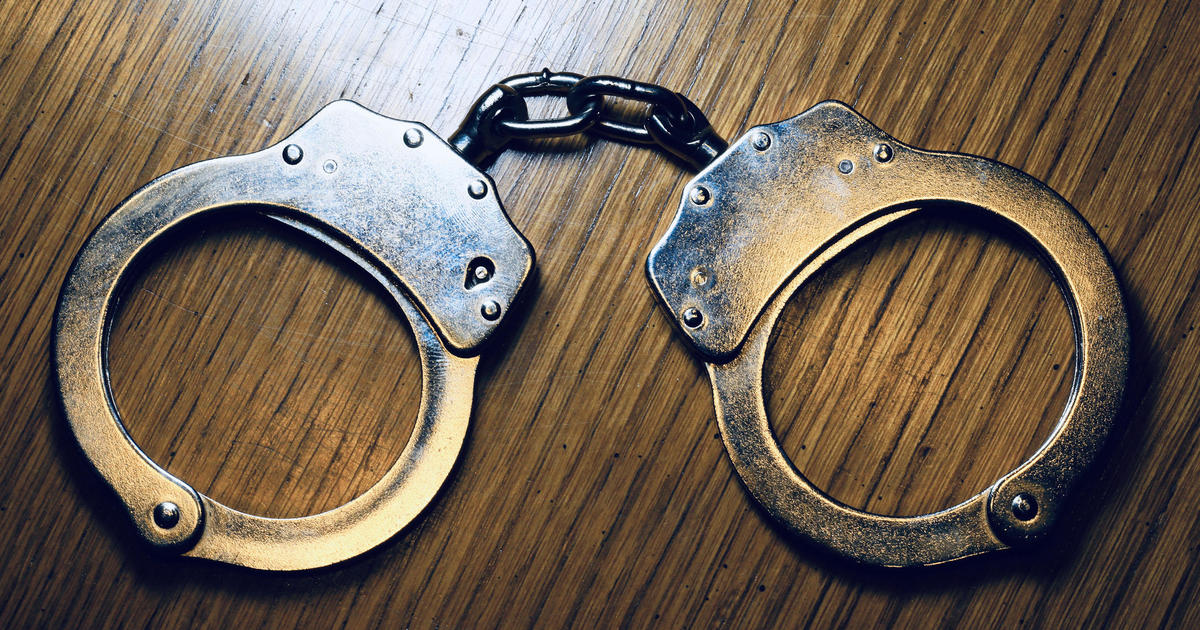Common Electrical Fire Hazards and How to Avoid Them
Eliminating electric fire hazards in your home is your responsibility, whether you own or rent your home. Even if you live in an apartment building that should be inspected regularly, you can't count on that to happen when it should. For example, in mid-2015, the Los Angeles Fire Department admitted that it was overdue by two or more years in its inspections of many apartments and other buildings. The best way to protect yourself and your family is to take on the task of finding and eliminating hazards. Here's how to do it:
Use extension cords properly
Extension cords should never be run under carpets or in other spots where people will walk on them, the NFPA warns. Even if you use them in an appropriate area, never overload them. If you find yourself relying on extension cords because your house doesn't have enough outlets, make sure that you have additional outlets or circuits installed.
Make sure electrical outlets and light switches are safe
When an outlet or light switch feels warm, it has a problem and needs to be checked out by an electrician. If a circuit keeps tripping when you use a certain outlet or you have blinking lights, you've got another potential hazard that needs professional evaluation. Even if an outlet is in good working order, make sure to never overload it. Outlets in areas with water, like kitchens, laundry rooms, and bathrooms, should have ground fault circuit interrupters, and all outlets should have arc-fault circuit interrupters for maximum safety.
Keep flammables away from outlets and appliances
Curtains, blankets, rugs, towels and other flammable household goods shouldn't be over outlets or kept anywhere near electrical appliances that generate heat. Some of the most common culprits for a fire include space heaters, irons, hair dryers and toasters.
Check electrical cords periodically
Frayed or worn-out electrical cords can easily spark a fire. Do periodic inspections of appliance and lamps cords, as well as any other electrical devices you're using in your home.
Check your electrical panel checked if your home was built between the 1950s and 1980s
Certain types of electrical panels used in those decades are now known to be unsafe. For example, Federal Pacific electrical panels were commonly installed in Southern California homes during that time period, and many are still in use. Although your panel may show obvious signs of problems, you may not know there's a problem until it fails and your wiring overloads. Have an electrician check your panel to see if it's a potentially dangerous brand.
Check your electrical wiring if your home was built between 1965 and 1972
Many homes built in Southern California between those years used aluminum wiring because the price of copper skyrocketed. The Consumer Products Safety Commission says that homes with this wiring are 55 times more likely to have a wire connection at an electrical outlet reach a dangerous condition. There are several ways to mitigate this hazard. If you have aluminum wiring, talk to an electrician about your options.



